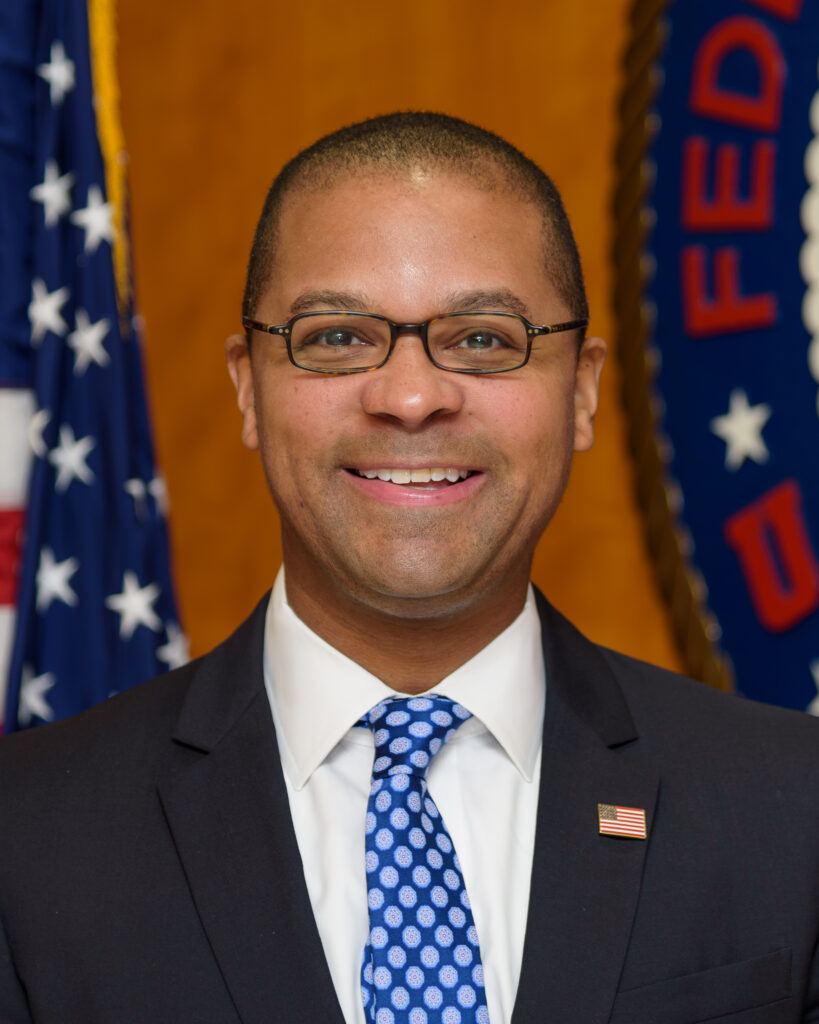Rule change targets “bad labs”, or test labs and certification bodies with ties to China
The Federal Communications Commission voted unanimously to instate new rules meant to ensure that the hundreds of labs which test and certify electronic devices for use in the United States don’t represent national security risks.
The move to close a loophole for so-called “bad labs” began last year with bipartisan support, spearheaded jointly by then-FCC Chairwoman Jessica Rosenworcel and then- Commissioner Brendan Carr, the longest-serving Republican on the FCC who is now the agency’s chairman.
The FCC emphasized that the new “bad labs” rules will ensure that the test laboratories and telecommunications certification bodies (TCBs) which test and verify the compliance of devices such as smartphones, computers, fitness trackers and other IoT gadgets, network gear and baby monitors, do not have ownership interests that could compromise national security.
Devices using radio frequency signals have to be tested for compliance with FCC rules such as their RF emissions levels, and are certified to meet those rules by various test labs around the world. Until now, test labs’ authority to conduct that testing and have it be accepted by U.S. regulators was based on their technical ability to conduct the testing accurately, without taking ownership into account.

“While the agency has in recent years barred entities on the FCC’s Covered List from having their devices approved for use in the U.S. due to determinations that such devices pose national security risks, these new rules ensure that the accreditation and certification bodies and test labs are themselves not untrustworthy actors,” the FCC said in a release. It added: “The rules will ensure that the hundreds of equipment test labs and telecommunications certification bodies … do not have ownership interests that present national security risks, including the risk that they would do the bidding of a foreign adversary.”
In addition to the new bad labs rules, the FCC identified potential security concerns with several labs, citing “deep ties to the Chinese Communist Party (CCP)” including connections to Chinese state-owned enterprises, involvement in China’s Military-Civil Fusion programs or direct affiliations with Chinese state actors. The FCC is relying on federal security determinations including the Defense Department’s List of Chinese Military Companies and the Department of Commerce Entity List.
According to the FCC, those labs have tested thousands of devices intended for the U.S. market in recent years.
FCC begins process to comprehensively identify foreign adversaries’ stakes in US telecom licenses and authorizations
In a related move, the FCC also unanimously voted to start a process of formally identifying entities that are “controlled by a foreign adversary” which hold licenses and authorizations in the communications sector, on a rolling basis going forward.
“Foreign adversaries like China are engaged in a multi-pronged effort to identify and exploit any vulnerabilities in our communications infrastructure. We have seen this at the device level with the risks posed by Huawei and ZTE. We have seen this at the carrier level with the FCC acting to deny or revoke the authorizations of providers like China Mobile and China Telecom. And we see it across our communications infrastructure with hacks and other cyber intrusions that have been tied back to China,” said FCC Chairman Brendan Carr.
However, Carr added, the FCC has had limited visibility and gaps in its information collection on the various ways that adversaries might have established legal footholds in U.S. telecommunications. “I have long believed that the FCC should publish a list of every entity with an FCC authorization or license that has sufficiently concerning ties back to a foreign adversary,” Carr said.
In a statement, the FCC said: “This latest proposed effort of certification and information collection requirements would give the Commission a new and comprehensive view of threats from foreign adversaries by identifying entities holding licenses and authorizations in the communications sector that are subject to the ownership, jurisdiction, direction, and control of a foreign adversary.”
Carr already established a Council for National Security for the FCC earlier this year, with the goal of using “the full range of the Commission’s regulatory, investigatory, and enforcement authorities to protect Americans and counter foreign adversaries, particularly the threats posed by China and the Chinese Communist Party.”
Starks departs the FCC

The FCC meeting this week also marks the departure of Commissioner Geoffrey Starks, a Democrat, from the Commission.
Starks’ exit will leave the Commission—which when fully seated, has five members—with just three members and a 2-1 balance between Republicans and Democrats.
Starks, a Democrat, had been reconfirmed to his FCC seat in 2023, for a term that was to end in 2027. The only other Democrat remaining on the FCC is Anna Gomez. President Donald Trump has nominated Olivia Trusty as a third Republican commissioner. Trusty’s nomination to a five-year term is awaiting action by the full Senate.

